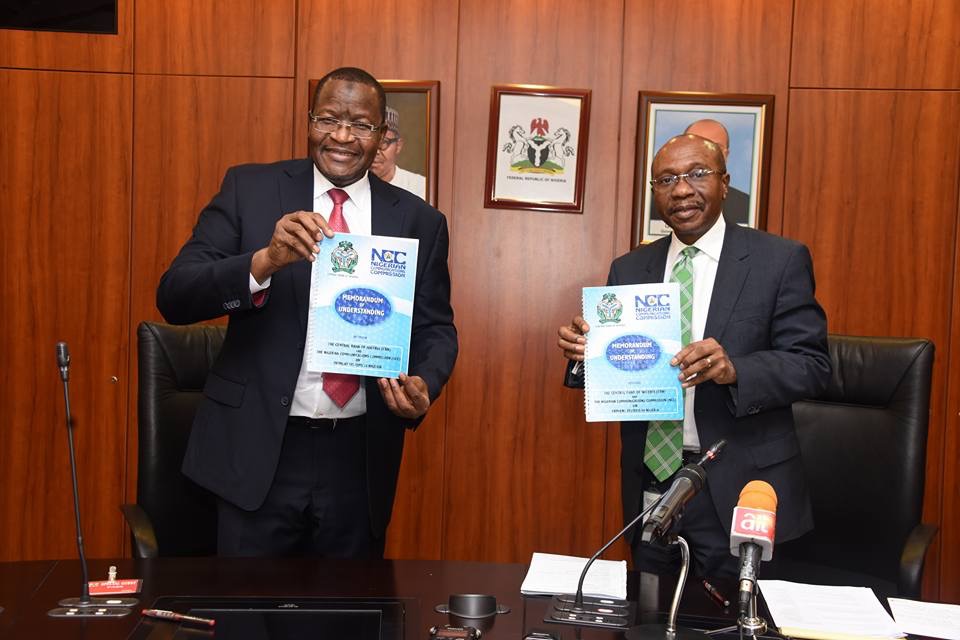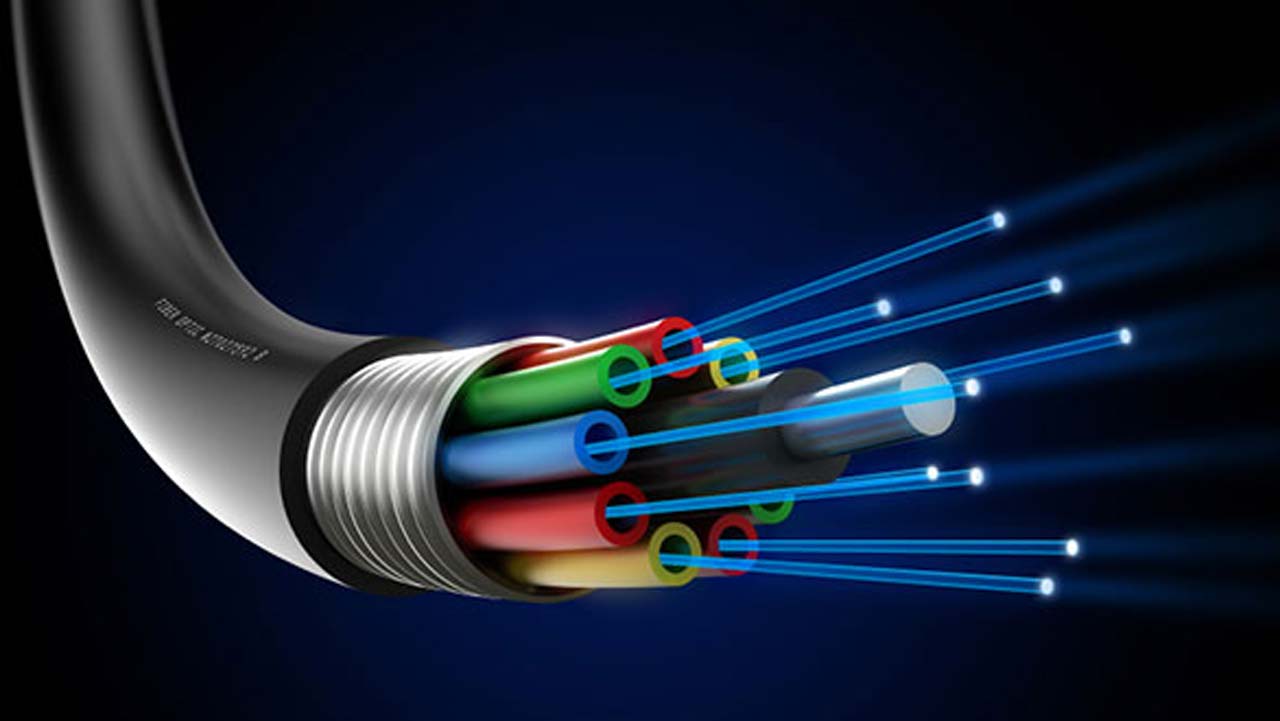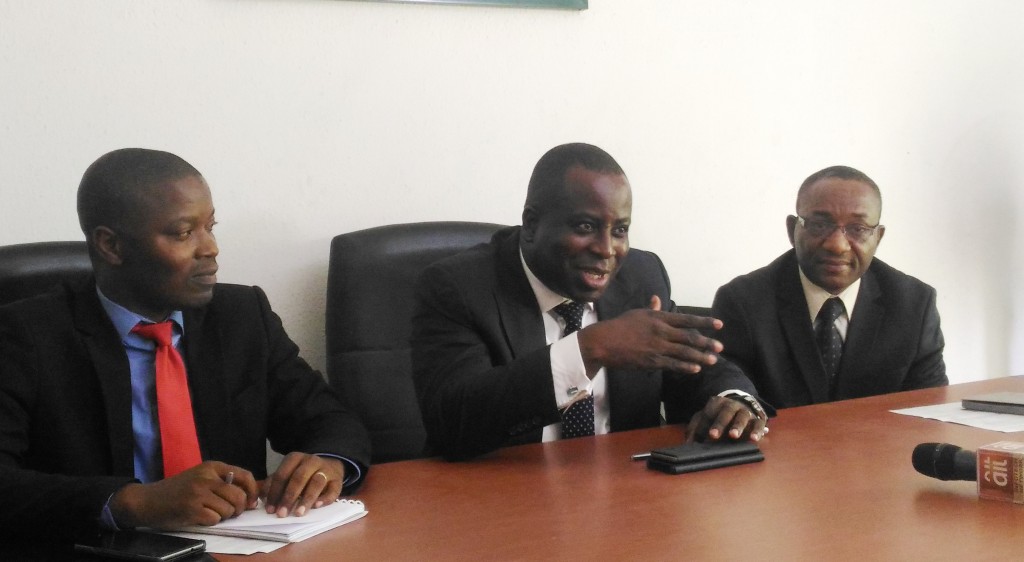The Executive Vice Chairman of the National Communication Commission (NCC), Prof. Umar Garba Danbatta, has for the very first time at a stakeholders’ meeting on broadband in Kano, revealed that Nigeria will not meet the target of 30% broadband penetration by year end.
One key factor revealed by the EVC in Kano is that Nigeria currently does not have the needed critical infrastructure to hit 30 per cent penetration as projected by the National Broadband Plan (NBP).
Danbatta failed to make any reference to the N3bn facility it has brokered with the Central Bank of Nigeria (CBN) for access by Infrastructure Companies (InfraCos) which none of them wishes to go for due to its veiled and hostile terms and conditions at a time critical infrastructure upgrade items are still part of 41 items delisted from easy access to forex.
He agreed that though the country’s Internet access is fast-growing with 160 million network subscribers and 100 million people with access to Internet connectivity in Nigeria, broadband penetration still hovers around 20 per cent and may not hit the 30 per cent mark.
Before now, the Commission had been assuring industry stakeholders that attaining effective internet connectivity and speedy network service through broadband penetration in Nigeria is achievable and on track before the end of 2018.
Though Danbatta averred that “In line with the Federal Government’s directive to ensure equitable deployment of infrastructure to attain the required level of broadband penetration in the country, NCC has engaged and issued licence to seven companies who have the capacity and technology,” he was mute on the real challenges facing Infracos and efforts of the Commission in solving them.
According to industry observers, all the seven Infrastructure Companies (InfraCos) had been having issues bordering on Right of Way (RoW) and funding to rollout services.
Though NCC had licensed all seven InfraCos to provide transmission and infrastructure required to power the internet ecosystem, none of the companies has made any known effort to deploy their infrastructure across the zones, including North-West, Lagos, North-East, North-Central, South-West, South-East and South-South.
The implications of Infraco licencees not rolling out services means that internet access will continue to remain in major cities without extending to rural areas.
Already, a fresh report released by Information and Communications Technology firm, Huawei Technologies, has shown that Nigeria out of other 50 nations are still at the beginning age.
The report, which is the second annual GCI of Huawei, was released in Shenzhen, China, and ranked 50 economies in terms of connectivity, ICT usage, and digital transformation.
The index focuses on 38 variables such as networks, connectivity, computing, mobile adoption, digital economy, service demand and e-Commerce to determine the position of each of the 50 nations.
The variables are divided across four areas namely supply, demand, experience and potential being measured and analysed.
Huawei stated in the report that to ensure ICT growth, “African countries need to develop national broadband strategies to compete with developing nations.”
The report listed 50 countries under three categories namely: Leaders, Followers and Beginners on the Global Connectivity Index list, with Nigeria retaining the status of a ‘Beginner’.
According to the report, South Africa and Egypt are ranked number 33 and 36, respectively, and fall under the ‘Followers’ category which is far above Nigeria.
However, Nigeria (number 47), is not alone on the ‘Beginner’ class as nations like Morocco, Algeria, Kenya and Ghana fall under the ‘Beginners’ section of the index – the countries are ranked 42, 43, 46, and 48, respectively.









